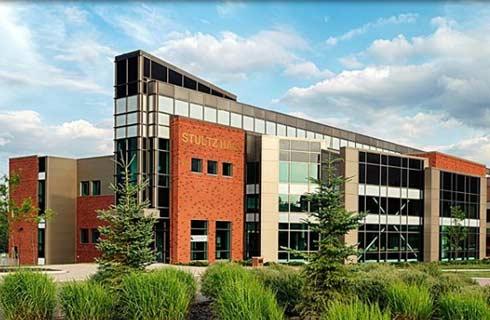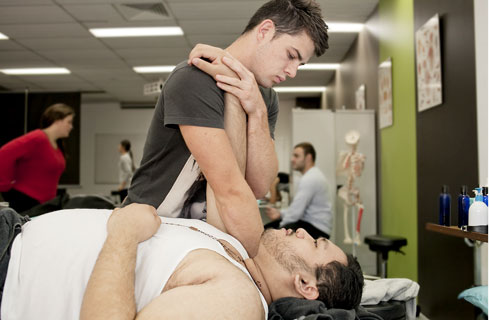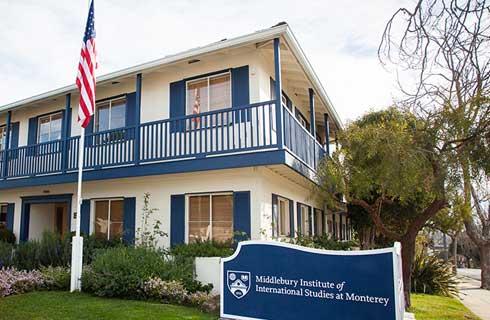国际学生入学条件
Applications will be through UCAS or direct application to the University. Opportunities for Recognition of Prior Learning (RPL) will be identified during the admissions process and will be on an individual basis before enrolment.
Applicants need to hold at least a Second Class Honours degree or equivalent in an engineering, technical, life sciences, medicine or medical aligned qualification.
IELTS - 6.0 with no banding below 5.5.
TOEFL IBT - Overall 80, Reading - 20, Listening - 18, Speaking - 21, Writing - 19, PTEAcademic - 64
展开
IDP—雅思考试联合主办方

雅思考试总分
6.0
了解更多
- 雅思总分:6
- 托福网考总分:80
- 托福笔试总分:160
- 其他语言考试:PTEAcademic - 64
课程简介
Our MSc in Medical Imaging Technology combines elements from physics, mathematics, computer science, biomedical engineering, biology and clinical medicine to help you develop your knowledge, understanding and skills of engineering design, medical imaging technologies and clinical environment.<br>Through internationally recognised researchers, projects, guest lecturers and a strong collaboration with medical imaging technology SMEs / NHS Trust partners, you will develop the skills needed for a career in a medical imaging-related filed in clinical practice, research, or technical development. A range of optional modules will be offered so you can gain a greater knowledge in an area of your choosing.<br>This course comprises both a taught component and a research project, giving you the skills and knowledge required to pursue a career in applied medical imaging technology field within clinical medicine, medical research, and scientific research or development.<br><br>Employability<br>Employment opportunities in imaging-related fields in healthcare and research are excellent. You could choose to work in medical imaging technology research or development in an academic or industrial sector, or pursue a clinical career in radiology.<br>If you wish to follow a clinical technology/science career in medical physics, this degree is an excellent preparation to apply to trainee recruitment programmes.<br>It also forms a sound basis to proceed to PhD research in any aspect of medical imaging.<br>In addition, youll have a full complement of transferable skills such as critical thinking, data analysis, report writing and communication which are valued by employers.
展开


















































